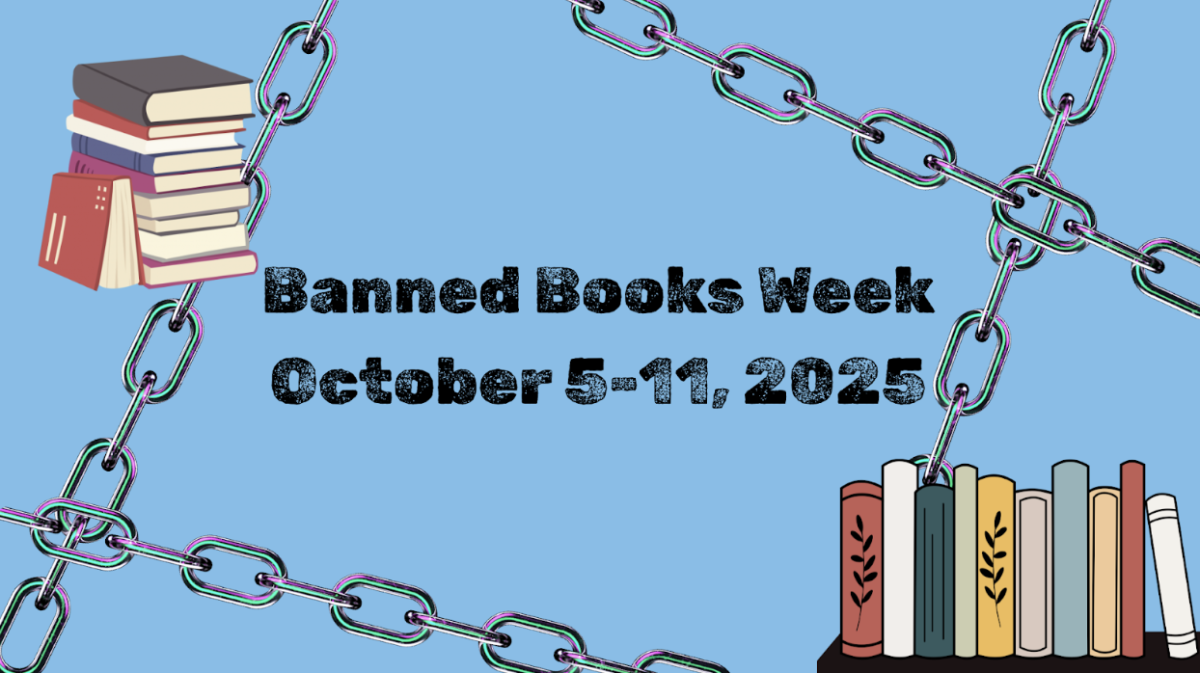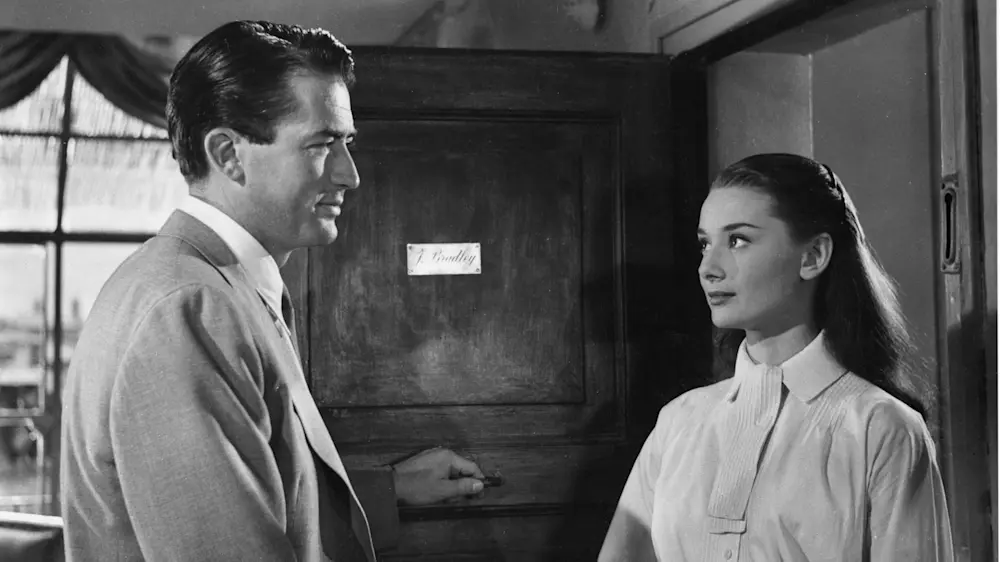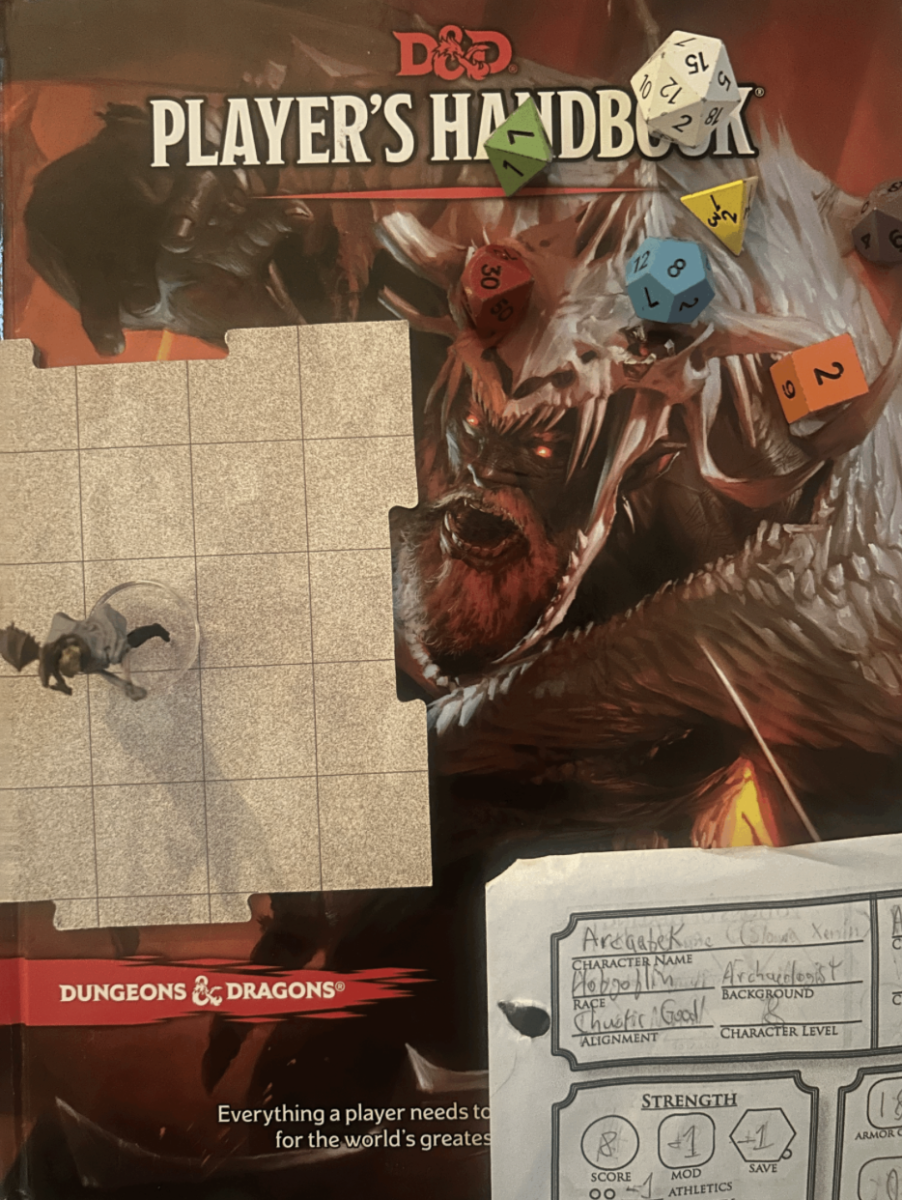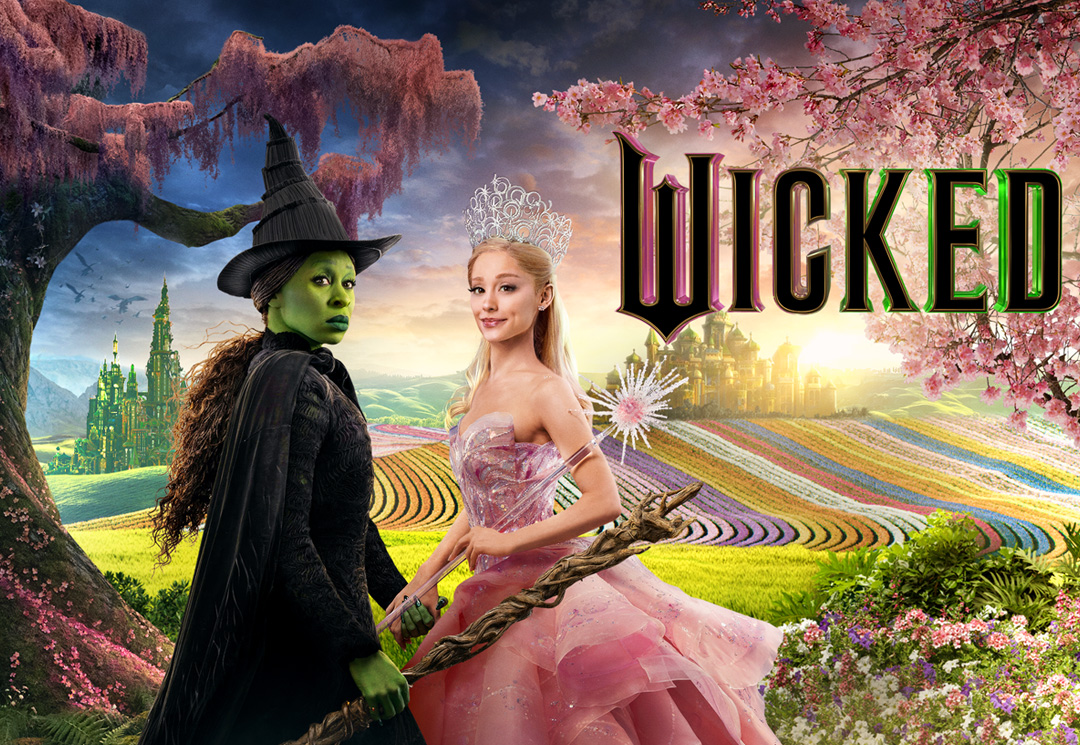Over the Garden Wall (OtGW) is a series that I hold dear and close to my heart. In many ways, I found myself relating to the cast that comprises this mini-series. Originally pitched back in 2012, the series first aired back in the fall of 2013 and has since then been one of the best mini-series to be reproduced by the company, Cartoon Network. This series, unlike others, took many risks of adding serious tones and metaphors like growing up, grief, death, and life. OtGW only aired for about a year or so with a mere 12 episodes, but encapsulates so many emotions. It brought a short renaissance of pilot episodes for future series like Infinity Train.
The series took the fall aesthetic of the 19th Century American Autumnal Paintings. The backgrounds of each sense are beautifully animated and colored, adding to the mystery of the woods and its inhabitants. OtGW illustrates its characters as a colorful cast of people, ranging from Crop/Vegetable people driving in their watermelon cars to the intimidating pumpkin folk.
However, the series does not shy away from heavier and brutal topics and sprinkles a lot of symbolism. While a lot of shows attempt to do this nowadays, this was new when the series initially came out. In my opinion, it remains one of the best mini-series to represent the ideas of pre-teen anxiety, the fear of growing up, regret, and guilt. For brevity’s sake, I will not discuss the pilot episode since it does not establish much of the plot. I still recommend watching it to get a feel of the show.
The series follows two brothers, Wirt and Gregory, as they try to find their way back home. They are stuck in a town that surrounds and goes into the woods, where the Beast, the main antagonist of the series, lives. The many citizens of this area warn the protagonists of this horrific monster.
Wirt is the first main character. He is the kind of character that uses fancy words to sound smarter and melancholic. He pretends as though he has life in check. Wirt is very self-conscious and likes to overthink, sometimes going on monologues describing himself as a joke of a person. He constantly looks down on Gregory for his idiocy, as seen in how Wirt automatically blames Gregory for getting them lost in the woods. He embodies the average pre-teen/teenager in that aspect – he struggles to accept himself and always blames his shortcomings on him simply being not adequate to live and face his crush.
Gregory on the other hand embodies the natural curiosity and innocence of a child. He is used as the comedy relief character; a lot of the songs revolve around him singing and having a good time. He also has a pet frog that changes its name every other episode. Wirt does not take him seriously and always dismisses his ideas as nothing more than child’s play/pranks. However, Gregory knows how much of a nuance he is, as he is quite mature for his age, and goes through a major shift in his demeanor towards the end of the series as he is faced with a decision: to sacrifice himself to let Wirt go, remaining in the Woods, or to leave Wirt behind and free himself.
And for the most part, a lot of this show is seeing both of these protagonists thrown into situations and see how they act. Wirt tries to be the logical one who tries to resolve their situation. However, his plans are intricate and specific, and because this land is magical, his ways of going through the situation simply never work. Gregory is pretty straightforward for a comedy relief character – he seizes the opportunity to get out of situations or defeat a monster. This is especially seen towards the end of the series where he ultimately sacrifices himself to save his brother.
The viewer also learns bits and pieces about the main antagonist and his victim, the Beast, and the Woodsman, respectively. The Woodsman is a victim of the trickery and manipulation of the Beast, as the Beast keeps the fire of the lantern that his daughter is in. The Woodsman lives a life of regret, shame, and embarrassment for leaving his daughter behind. The Beast appears as this all-powerful and terrifying creature that is able to manipulate its surroundings. He reminds me of the boogeyman in the sense that he is the basic fairytale antagonist that the heroes have to defeat.
The symbolism of the series comes in the last couple of episodes, showing that Gregory knows that his brother thinks less of him. He feels responsible for them being lost and on the brink of death because of the cold. He takes a trip to dreamland and essentially begins to go through what to do to help his brother by helping his town citizens. He realizes in this dream that he has to face off the beast in order to save his brother, and sacrifices himself to let his brother leave the area. The town and the woods that engulf Over the Garden Wall are to be seen as a sort of purgatory, all the characters have some sort of peril that they have to overcome. By the end of the decision-making made by Gregory, Wirt wakes up from his sleep and realizes that Gregory is missing. He goes to find his brother, and he begins to realize that he really cares about him. Despite his silly demeanor, he’s always tried to help his brother and make himself more useful.
This series teaches the viewers to take the opportunity; if you have something to say, it would be better to say it than leave it behind. Living a life of regret and misery is not a good option. Over the Garden Wall leaves people feeling a complete and beautiful story, that makes us remember the value of other people in our lives even if one may not like them.












